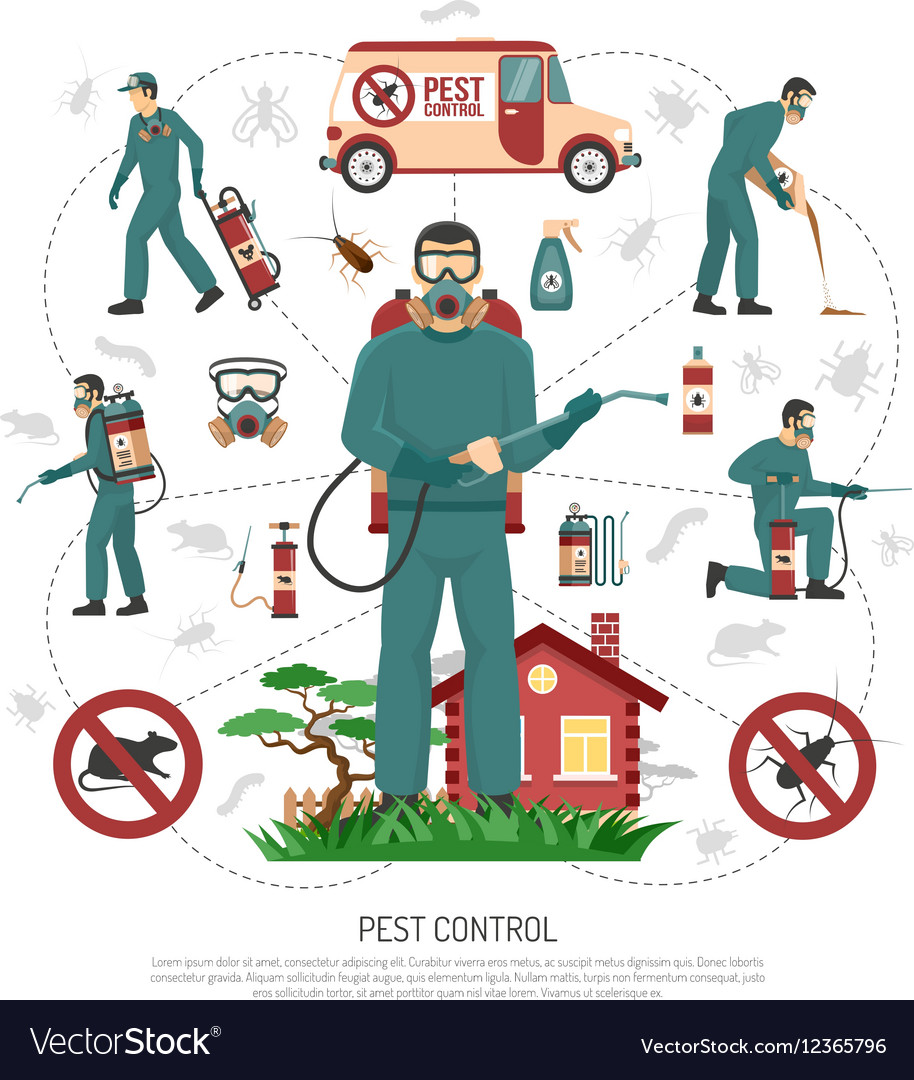The Role Of Pest Control In Food Security And Health
The Role Of Pest Control In Food Security And Health
Blog Article
Posted By-Klausen Tanner
Are you aware of the hidden threats that bugs present to the safety and security and health of your food? From rodents to insects, these undesirable site visitors can contaminate your ingredients, surface areas, and storage locations.
This post checks out the crucial role of parasite control in keeping the highest standards of food security and health. Discover reliable methods and prevention steps that will certainly help you protect your service, customers, and track record.
Do not allow insects jeopardize the top quality of your food.
The Influence of Pests on Food Safety and Health
In your kitchen, bugs can have a considerable effect on food security and health. These unwanted visitors, such as rats, pests, and roaches, can infect your food, surface areas, and utensils with damaging microorganisms, infections, and bloodsuckers. They can easily access your kitchen, cupboards, and even your fridge, leaving behind droppings, urine, and hair.
Diseases transmitted by rats can they ruin your food by eating through packaging, however they can likewise spread illness like Salmonella, E.coli, and Listeria. Think of preparing a dish for your family, unaware that the active ingredients you're making use of are currently infected.
It's critical to take prompt activity to prevent and manage parasites in your kitchen area. Routine cleansing, proper food storage, and specialist parasite control measures are essential to guarantee food safety and security and preserve a sanitary environment in your kitchen area.
Reliable Insect Control Approaches for the Food Market
Executing effective pest control approaches is crucial for maintaining food security and health in the food sector. By executing these strategies, you can avoid parasites from contaminating the food and make sure that your items are risk-free for usage.
One reliable strategy is to consistently examine and check your center for signs of parasite task. This includes checking for droppings, nests, or any damage caused by bugs.
It's likewise essential to seal all entry indicate stop pests from entering the facility. Normal cleaning and hygiene are vital, as pests are brought in to food deposit and spills.
Furthermore, proper waste administration is important to avoid the accumulation of food waste that can bring in insects.
Keeping Health Standards Via Insect Prevention Procedures
To maintain hygiene criteria, you have to frequently implement insect prevention steps. By taking proactive steps to avoid insects from entering your food establishment, you can ensure the security and cleanliness of your properties. Here are some effective insect avoidance procedures to take into consideration:
- Seal all fractures and crevices: Insects can enter via even the smallest openings. Regularly inspect and secure any kind of gaps in doors, windows, walls, and floors to keep parasites out.
- Proper waste monitoring: Take care of food waste immediately and safely in sealed containers. This will decrease the destination of parasites and stop invasions.
- Regular cleaning and disinfecting: Keeping sanitation in your facility is essential. Routinely clean and sterilize all locations, paying special attention to areas where insects may conceal or breed.
- Implement a surveillance system: Consistently examine your facilities for indicators of parasite task. Set up Integrated Pest Management tracking gadgets, such as traps or sensing units, to identify and resolve any possible issues early on.
Final thought
So keep in mind, when it comes to food safety and hygiene, pest control plays an essential function.
By applying reliable pest control methods and preventive measures, we can make sure the greatest standards of sanitation and safety in the food industry.
Don't let insects jeopardize the top quality of our food; let's stand together and secure our health and health.
